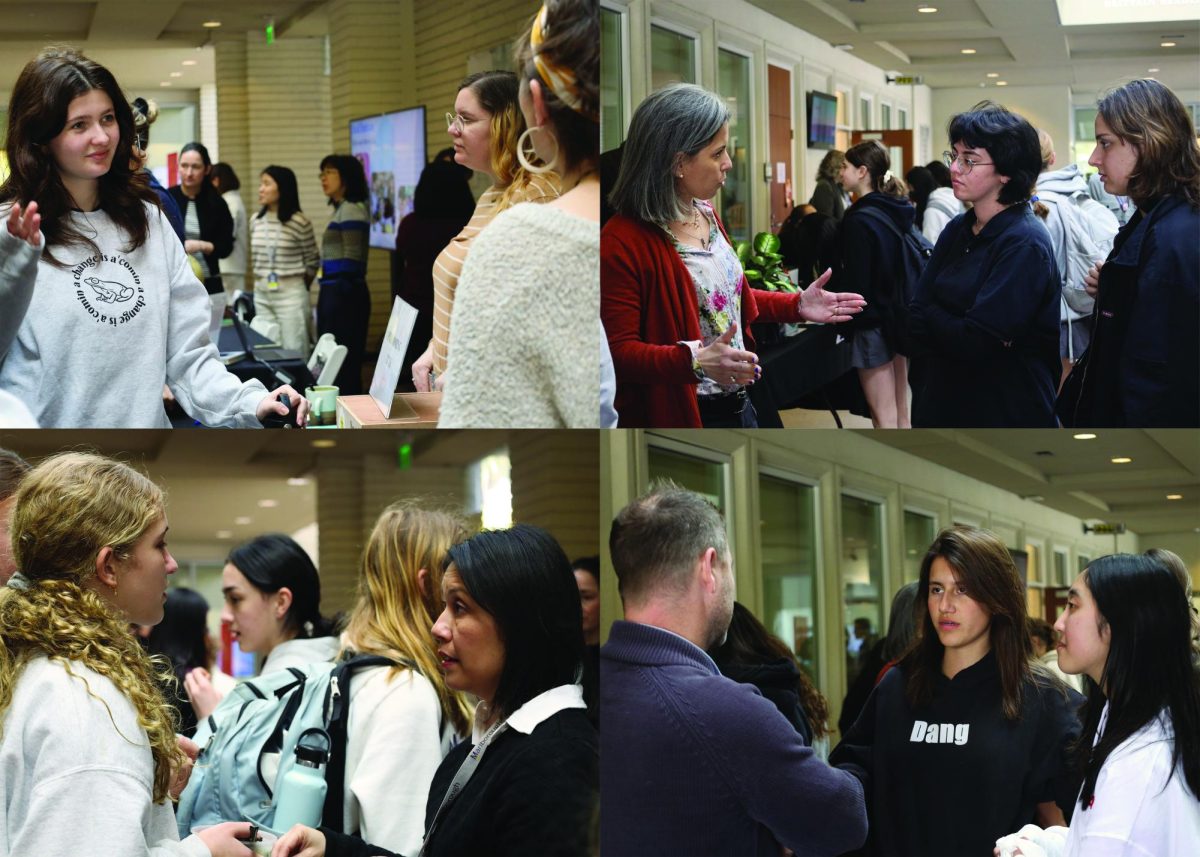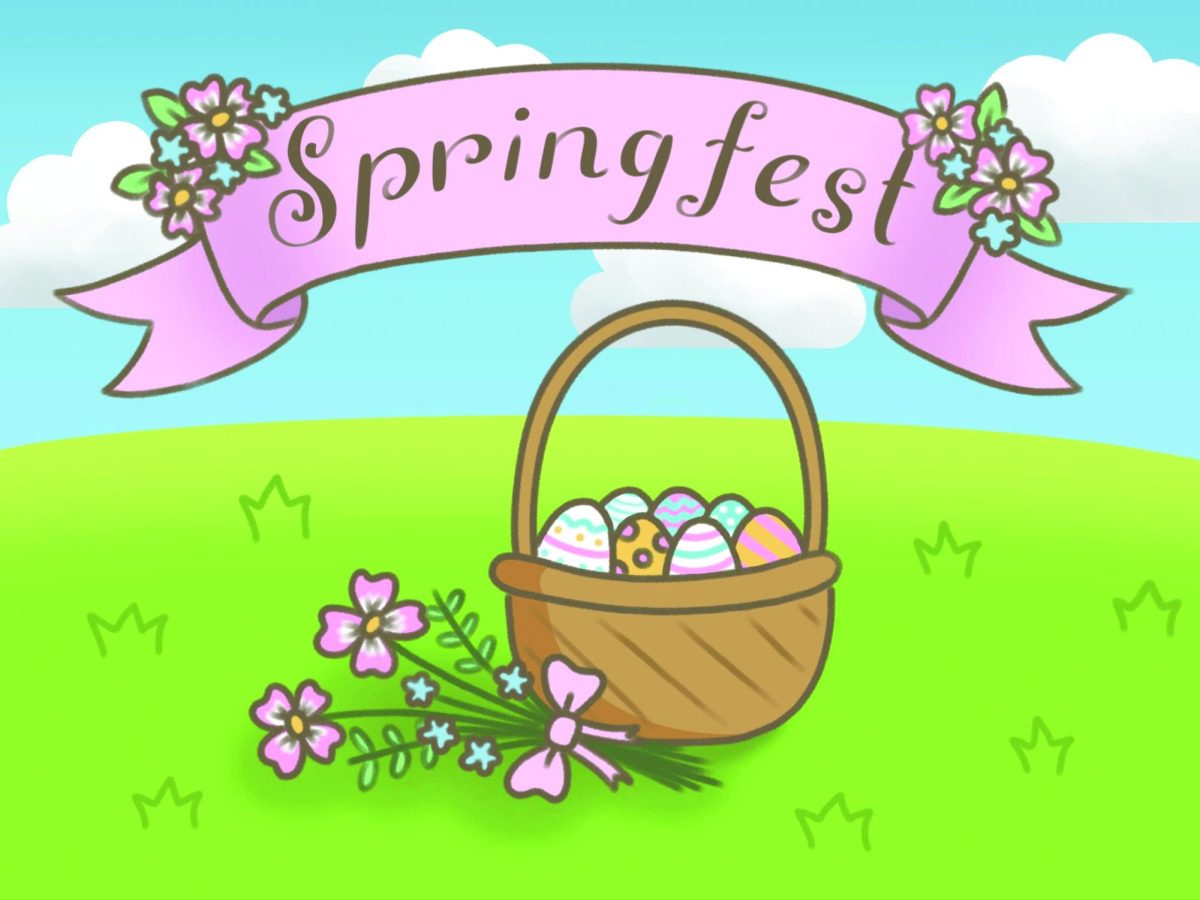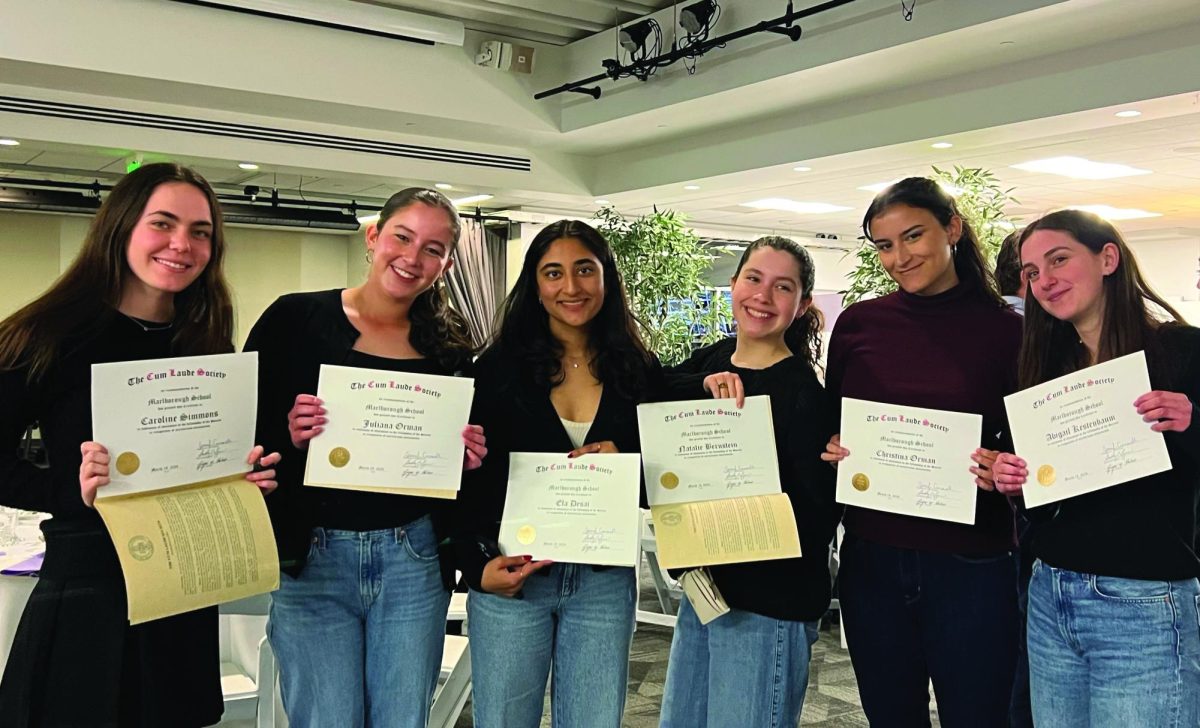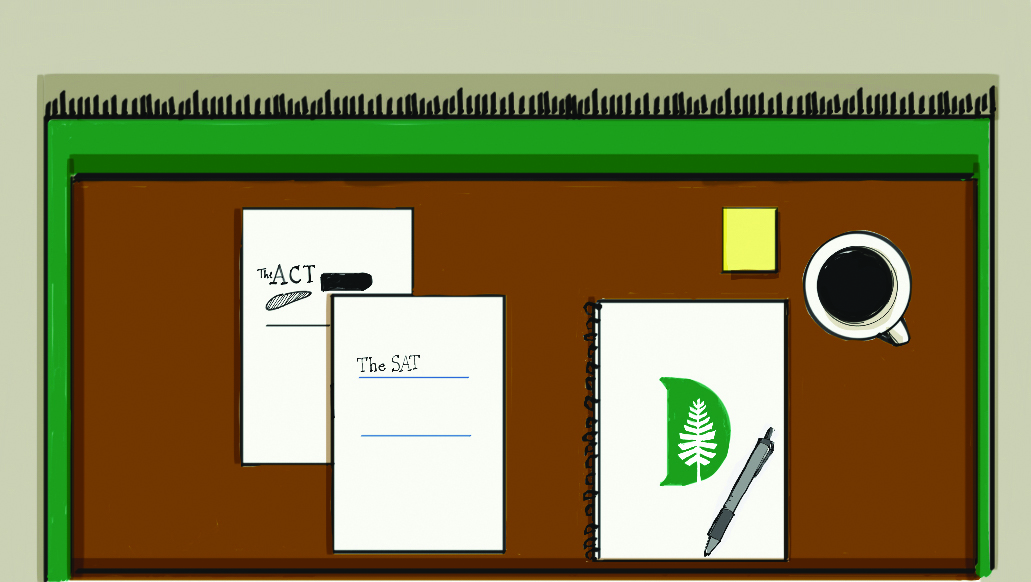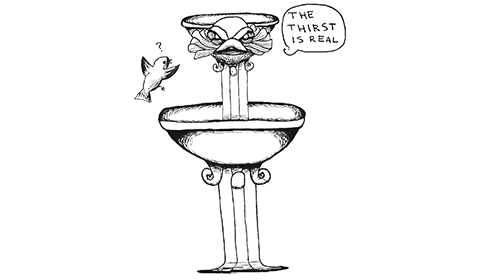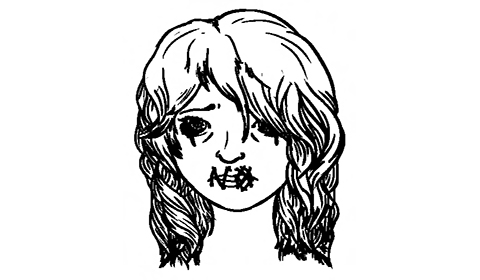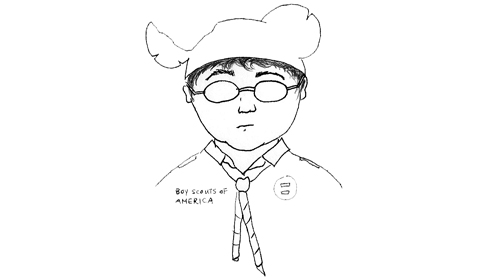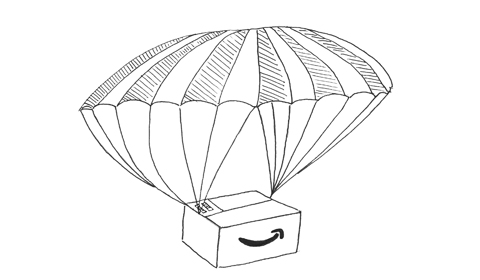
On Jan. 31, California Governor Jerry Brown announced a State of Emergency after the Department of Water Resources said the State Water Project allocation had dropped to zero, meaning that in order to preserve water, customers of the State Water Project will not receive any water in 2014 if current dry conditions persist.
Because Los Angeles is a desert biome, there is already very little water available, and the major sources of the city’s water, the Colorado River, the Owens River and the Mono Lake Basin, have felt the stress of years of attempting to turn a desert into an Eden.
Additionally, according to the Mercury News, some meteorologists believe that the recent dry-spell is being intensified by a zone of high pressure in the atmosphere off the West Coast, nearly four miles high and 2,000 miles long, preventing storms from passing over the Sierras. Although scientists are hopeful that some storms will make it through, they don’t know when this massive blockage will disappear, or why it exists
Brown is now encouraging all citizens of California to try and cut back their water usage by 20%, suggesting simple remedies such as turning off the water while brushing teeth and taking shorter showers. Public service announcements created by the Save Our Water campaign have been released in order to inform the public about the intense water shortage in California.
California has not seen a drought this bad since 1976-1977. Seeing little chance of adequate rainfall in the coming months (which, according to the Huffington Post, would require snow and rainfall every other day until May), 17 rural communities north of Los Angeles are in danger of running out of water within the next 60 to 120 days. The Regional Drought Monitor has placed Los Angeles in between states of “extreme” and “exceptional” drought, meaning that the overall usage of water is greater than the amount of water available to the city. However, some areas are faring much worse than the city of Los Angeles itself. Agricultural communities are being forced to truck in alfalfa in order to feed their cattle because all of the grass has dried up, and state officials are prepared to truck in water if there is not enough left to drink.
There is very little the city government can rely on except voluntary rationing, but it has restricted the amount of water brought to agricultural areas, which may cause a rise in prices of beef and grain, according to Forbes.
Science Department Head Jennifer Garrison Ross said that from her past experiences, people living in Los Angeles usually respond well when asked to limit their use of something.
Although she believes the government should have informed the citizens before, she believes Angelinos can make changes to their water usage without government enforcement.
“I think [changing our usage] over the long-term would be the smart thing to do because we just don’t know when this is going to let up,” Ross said. “Even if we get a great year with lots of rain, we don’t know what the next year will hold,” she added.
The dry-spell is not a shock to city officials, since over the past three to five years the water levels and snowpack in California have significantly decreased, but 2014 seems to be the year that communities are truly beginning to feel the effects.
“I think it’s a little unfair that the California government has seen this coming and, in a way, just ignored it,” Rachel ’15 said. “They can’t expect everyone to jump immediately into action.”
Rachel said that she tries to reduce her water usage as much as possible by taking short showers and turning off running water when it’s not necessary. She is optimistic that others will try to limit their water use, especially during the current drought.
“[Los Angeles] has been in droughts before so I’m hopeful that we will get through this one without too many repercussions,” Rachel said.

